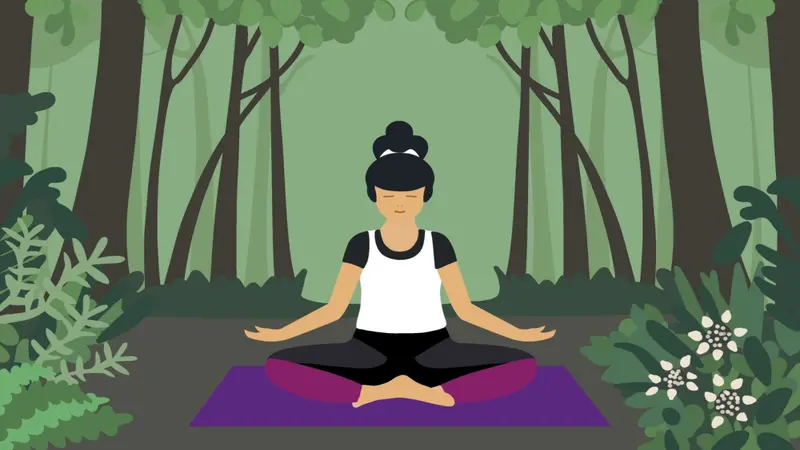

Complementary and Alternative Medicine (CAM)

Complementary and Alternative Medicine (CAM)
Forest Walks May Boost Brain Health
Exposure to natural environments may positively affect brain structure and mental well-being, according to new research published in Environmental Research. Conducted by researchers at the Max Planck Institute for Human Development in Germany, the study used high-resolution brain imaging to explore how short-term exposure to different environments impacts the hippocampal formation, a brain region linked to stress and emotional regulation.
In this randomized experimental study, 60 healthy adult participants were assigned to take a one-hour walk in either a natural setting (a forest) or an urban environment (a busy street). Using high-resolution imaging, researchers scanned participants’ brains before and after the walk, focusing specifically on hippocampal subfields. The main outcome measure was change in volume of the subiculum, the region involved in regulating the body’s response to stress.
The study found that participants who walked in the forest showed an increase in subiculum volume, while those in the urban environment did not show significant change. The results were correlated with a decrease in self-reported rumination—a pattern of repetitive negative thinking associated with poor mental health.
These findings suggest that even short-term exposure to nature as a low-cost, accessible intervention can produce measurable changes in brain structure related to emotional processing and stress regulation.
For related articles on this topic, see:
Ground Yourself: Simple Yet Powerful Health Benefits of Earthing
Nature as Preventative Medicine
For a related webinar on this topic, check out:
"Forest Bathing" Improves Physical and Mental Well-Being


 By
By







